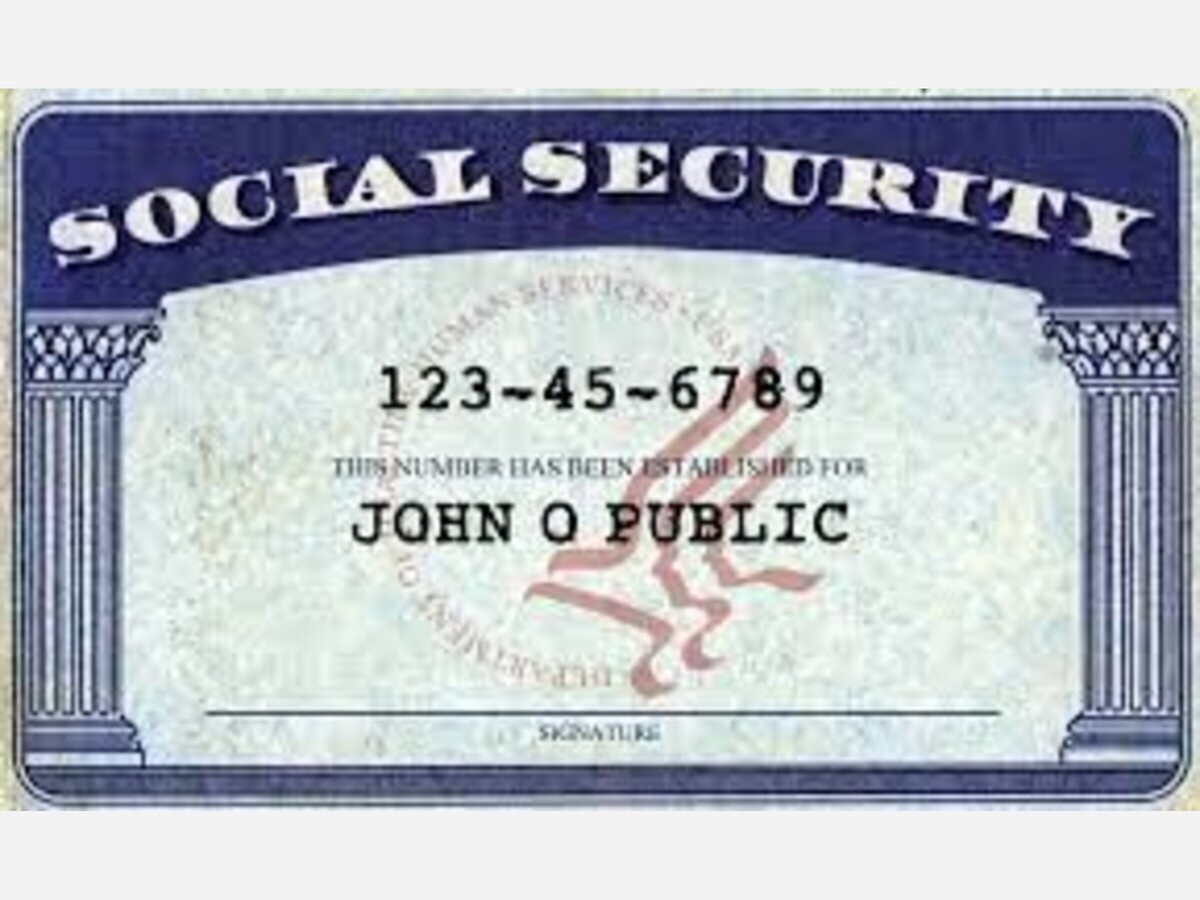Image


Social Security taxes that workers and employers pay are credited to the Social Security trust funds.
The trust funds are defined by law as a way to set aside money that is earmarked for Social Security. A Board of Trustees oversees the trust funds.
It is made up of the Secretary of the Treasury, who is the managing trustee, the Secretaries of Labor and of Health and Human Services, the Commissioner of Social Security, and two public trustees from different political parties who are appointed by the President and confirmed by the Senate.
In 2016, the Social Security program received $958 billion in income and spent $922 billion for benefits and administrative costs, increasing the trust fund reserved by 35.2 billion. Total administrative costs amount to less than 1 percent of the funds collected each year.
What happens to the funds that are not used immediately to pay benefits?
By law, the funds are invested in special-issue Treasury securities that earn interest.
In effect, the funds are loaned to the Treasury, which borrows the money just as it borrows money when it sells Treasury securities to the public. In return for the funds they loan to the government, the trust funds receive Treasury securities bearing a market rate of interest. The average interest rate on the portfolio held by the Social Security trust fund was 3.2 percent in 2016.
Because the federal government is spending the cash it borrows from Social Security, “some people see the current increase in the trust fund assets as an accumulation of securities that the government will be unable to make good on in the future,” according to the Social Security Administration website.
But, the agency states on its website, “Far from being ‘worthless IOUs,' the investments held by the trust funds are backed by the full faith and credit of the U. S. Government. The government has always repaid Social Security, with interest.
The special-issue securities are, therefore, just as safe as U.S. savings bonds or other financial instruments of the Federal government.”
Social Security Ended or Wiped Out by the Worldwide Pandemic?
Not hardly...but there are folks who have been tossing out scare-cries about the special-issue securities for a long time.
You have to take into consideration the millions of people who pay in and never collect a dime, whether they die before they get a chance to collect or choose not to collect because they can afford not to.
The only time social security funds dwindle is when Congress borrows against them, but according to The Motley Fool, the government pays interest on those loans and that is what keeps the trust fund solvent.
In case you haven't heard, America's top social program isn't on the best financial footing. According to the latest report from the Social Security Board of Trustees, Social Security is staring down a $13.9 trillion cash shortfall between 2035 and 2093, with the expectation that its $2.9 trillion in asset reserves will be completely exhausted in 15 years.
On one hand, there is solace in knowing that Social Security isn't going bankrupt, which is a function of two of the program's revenue sources being recurring (the payroll tax on earned income and the taxation of benefits). On the other hand, there's no sugarcoating the worry that would follow if benefit cuts of up to 23% are passed along to then-current and future retired workers, as of 2035. Remember, more than 3 out of 5 current retirees lean on Social Security for at least half of their monthly income.
How did Social Security get into this mess, you ask?
So ...
Where do we go from here?